While speaking at the United Nations to a group of career foreign service officers, President Donald Trump may have violated another federal statute. The President told personnel assigned to the office of the United States Mission to the United Nations he wants to know who "provided information to the whistleblower."
The President went on to say that the people who "told the whistleblower" about his call were “close to a spy” and “in the old days when we were smart,” spies were dealt with "a little differently than we do now."
The implication was clear.
The exchange was caught on audio. You can listen to it here.
While a smattering of nervous laughter can be heard from the approximately 50 federal employees present, reports from the event say employees were stunned by the President's comments which they described as "shocking" and "eerie" according to Newsweek.
As federal employees, they are required to uphold the United States Constitution and all laws, rules and regulations as part of their oath of office.
Federal employees also receive annual training on reporting all violations of law, rules, or regulations; mismanagement or gross waste of funds; abuse of authority; or a substantial and specific danger to public health and safety by any member of the federal government.
And the Whistleblower Protection Act is their safeguard against any retaliation, much less the kind the President threatened.
In addition to career foreign service personnel, their children and families were also in attendance along with several senior members of the diplomatic corps.
The public was no less shocked than the federal employees.
What the President does not appear to understand is that by federal statute definition, a whistleblower must be an inside member of the organization being identified. The whistleblower was identified as a member of the United States intelligence service.
US intelligence is responsible for monitoring communications for the White House which is the origin of the complaint. In addition, a whistleblower files a complaint when the mechanisms in place to handle violations fail to take appropriate action.
According to the complaint as originally reported by The New York Times, White House lawyers' attempts to "lock down" all information about the call, especially the transcript, alerted the whistleblower and confirmed that the White House "understood the gravity of what had transpired in the call."
The official complaint stated the White House attempted to bury records of the improper conversation rather than take appropriate steps required by federal law. In accordance with the oath of office federal employees take, the member of the US intelligence service filed a formal complaint.
The filing of the complaint qualified the employee for protections under the The Whistleblower Protection Act of 1989, 5 U.S.C. 2302(b)(8)-(9), Pub.L. 101-12.
The statute protects "federal whistleblowers who work for the government and report the possible existence of an activity constituting a violation of law, rules, or regulations, or mismanagement, gross waste of funds, abuse of authority or a substantial and specific danger to public health and safety."
"A federal agency or official violates the Whistleblower Protection Act if agency authorities take—or threaten to take—retaliatory personnel action against any employee or applicant because of disclosure of information by that employee or applicant."
But the President seems to think the whistleblower is like one of the reporters who wrote a story after a member of Trump's administration leaked information to them.
Knowledge is power. The book Whistleblower Protections Under Federal Law: An Overview is available here.
*****
Listen to the first season of George Takei's podcast, 'Oh Myyy Pod!' where we explore the racially charged videos that have taken the internet by storm.
Be sure to subscribe here and never miss an episode.

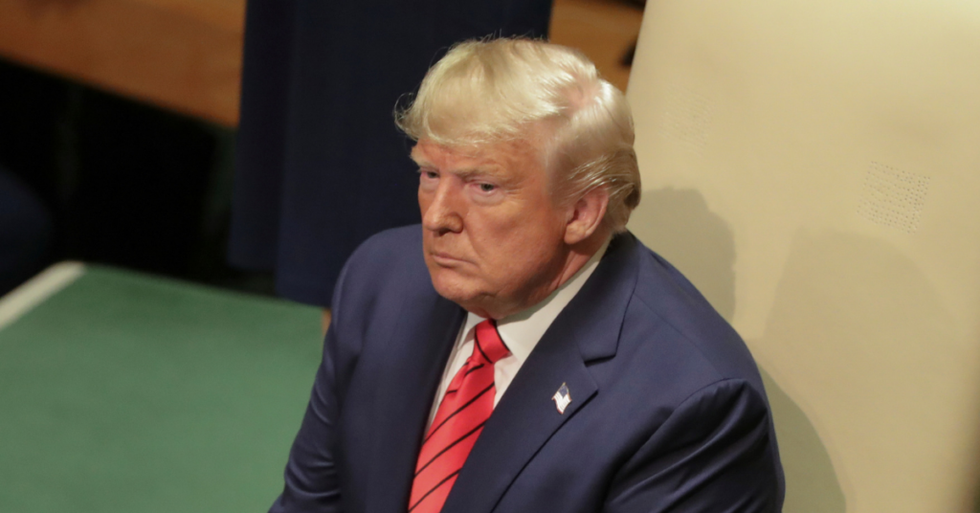

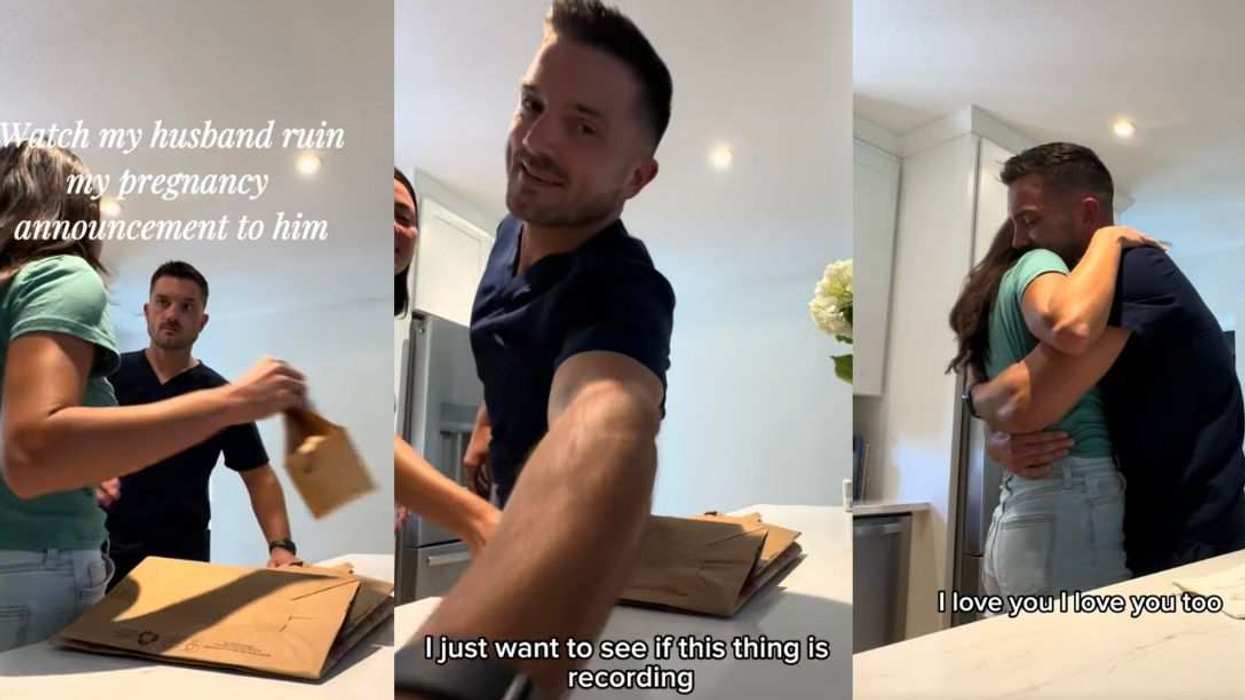
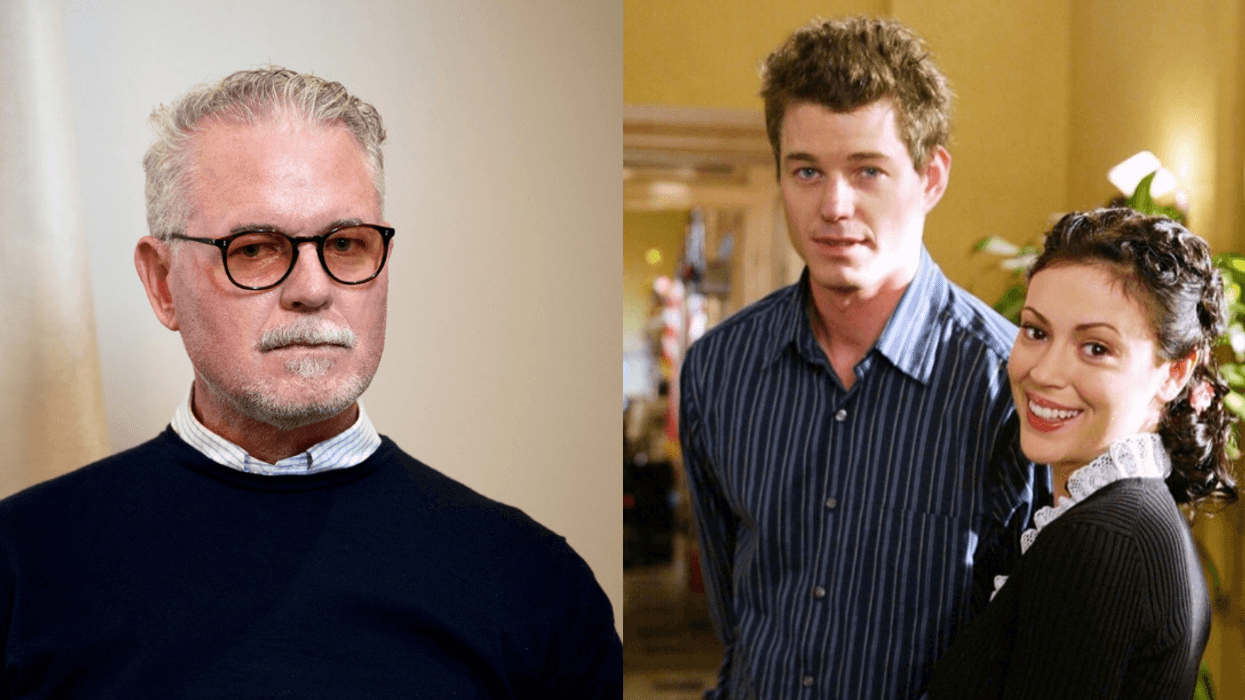
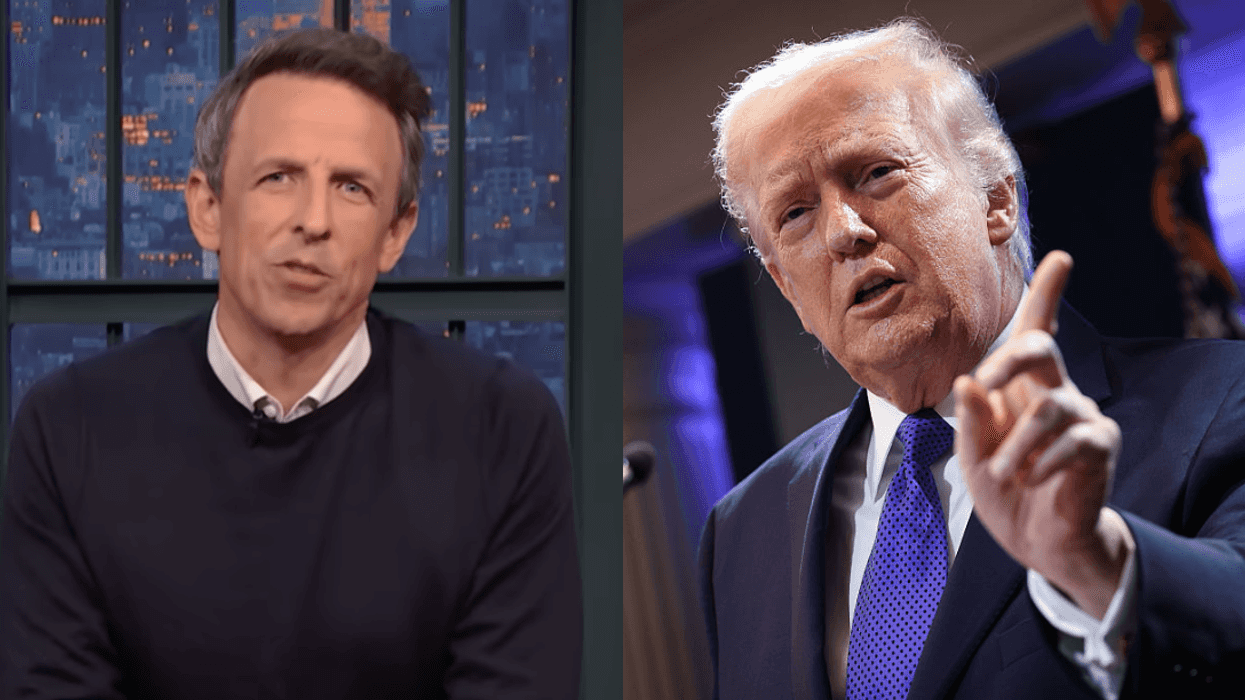

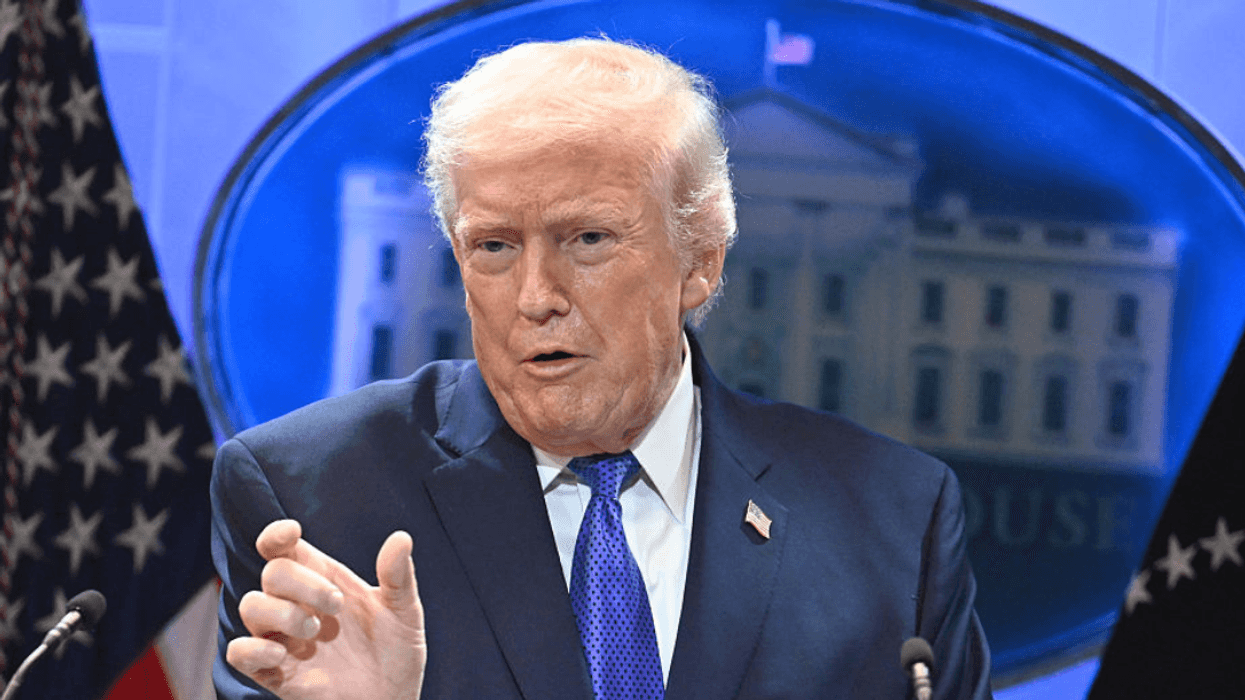





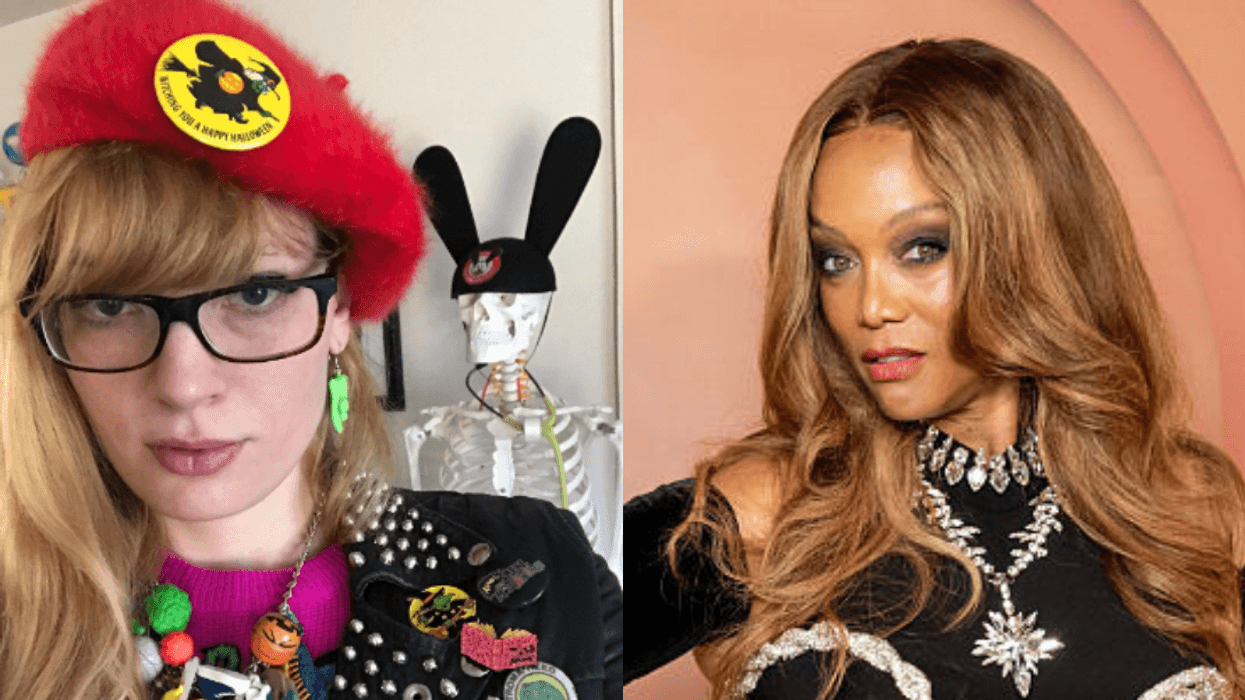
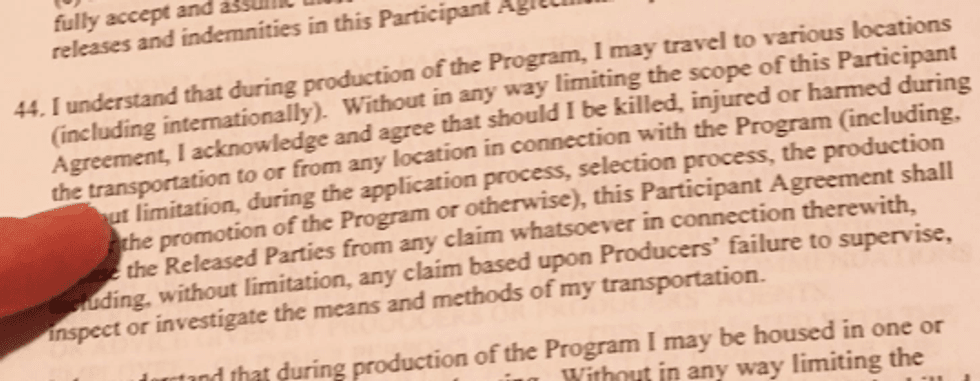 @gutterutterart/Instagram
@gutterutterart/Instagram @gutterutterart/Instagram
@gutterutterart/Instagram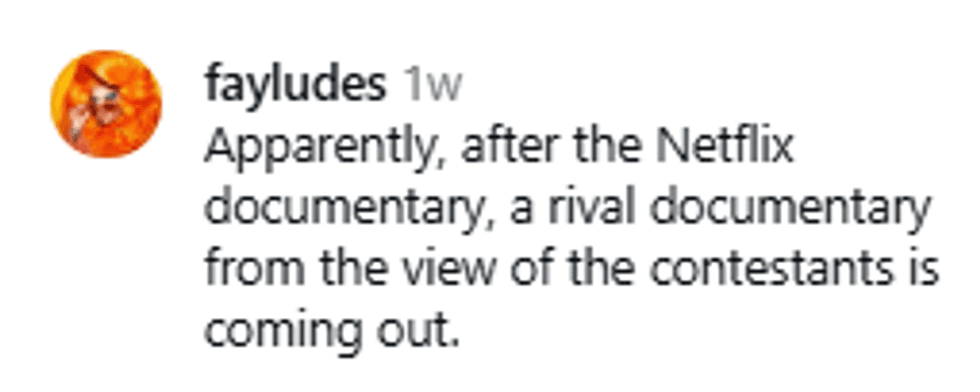 @gutterutterart/Instagram
@gutterutterart/Instagram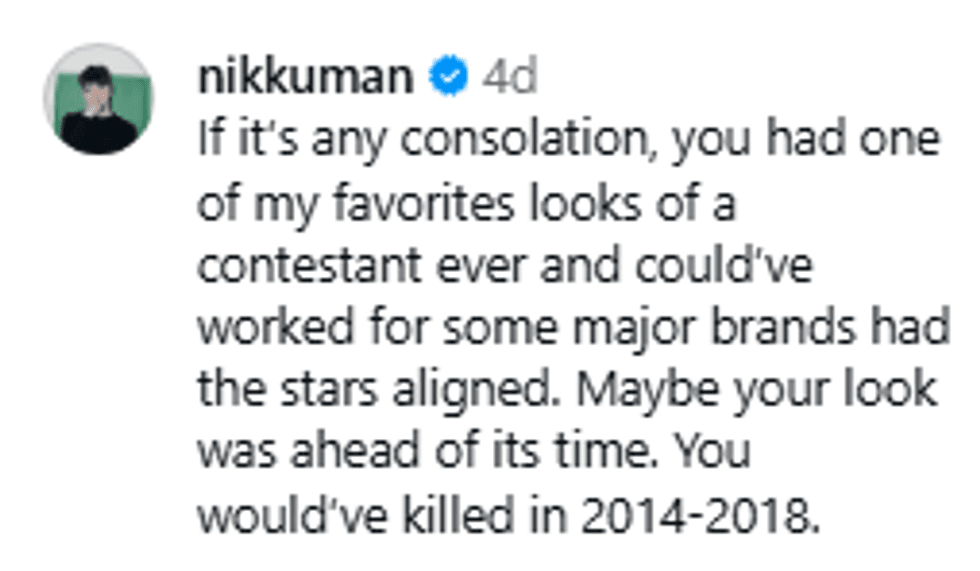 @gutterutterart/Instagram
@gutterutterart/Instagram @gutterutterart/Instagram
@gutterutterart/Instagram @gutterutterart/Instagram
@gutterutterart/Instagram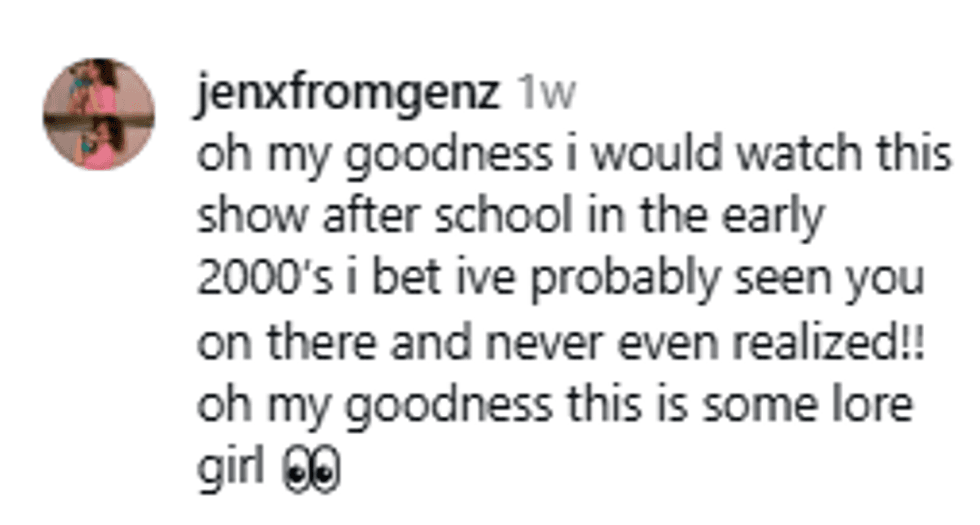 @gutterutterart/Instagram
@gutterutterart/Instagram @gutterutterart/Instagram
@gutterutterart/Instagram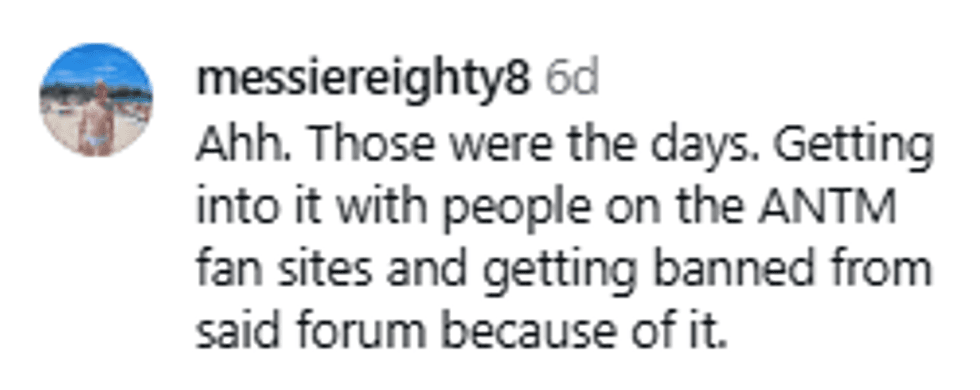 @gutterutterart/Instagram
@gutterutterart/Instagram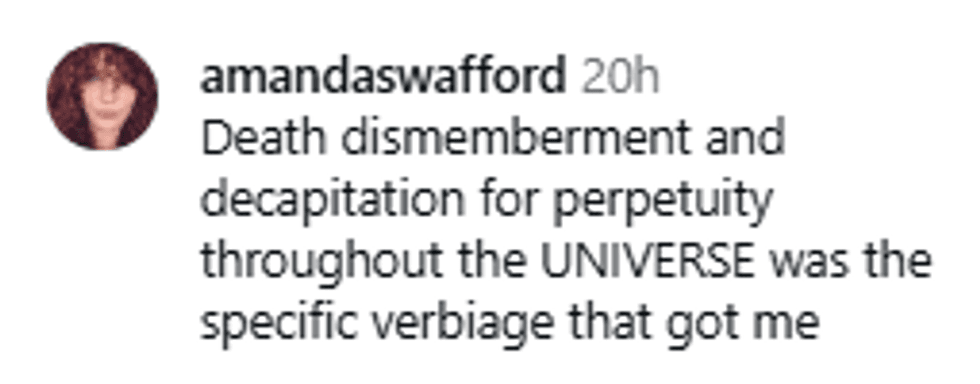 @gutterutterart/Instagram
@gutterutterart/Instagram @gutterutterart/Instagram
@gutterutterart/Instagram

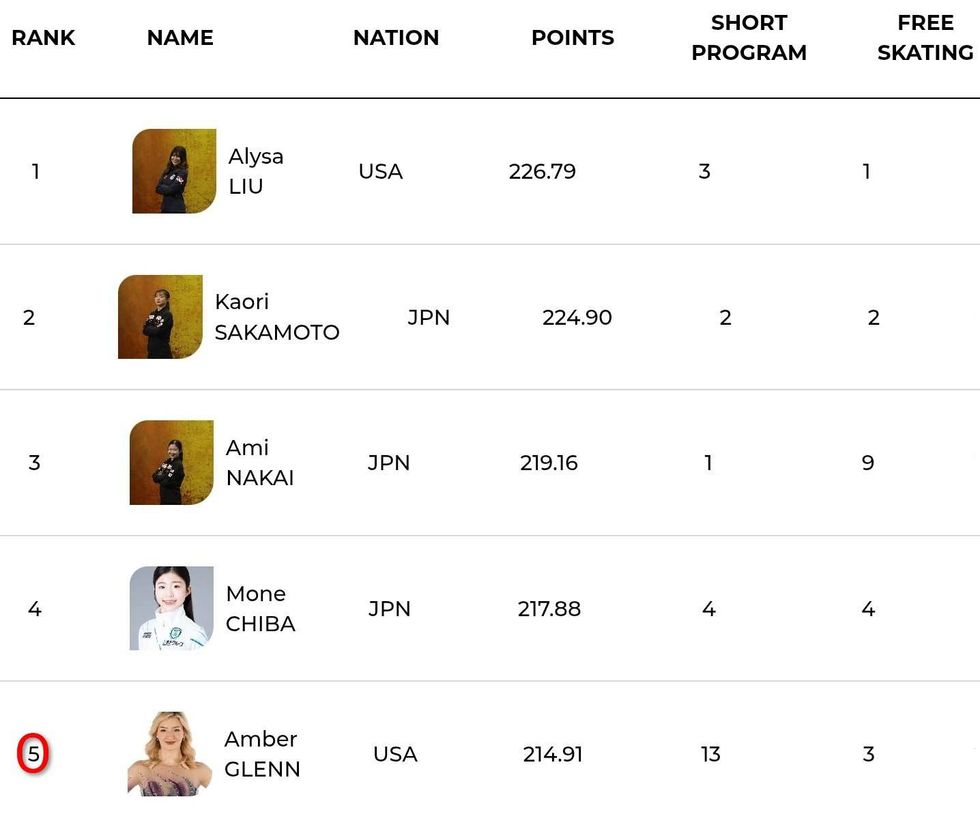 International Skating Union
International Skating Union
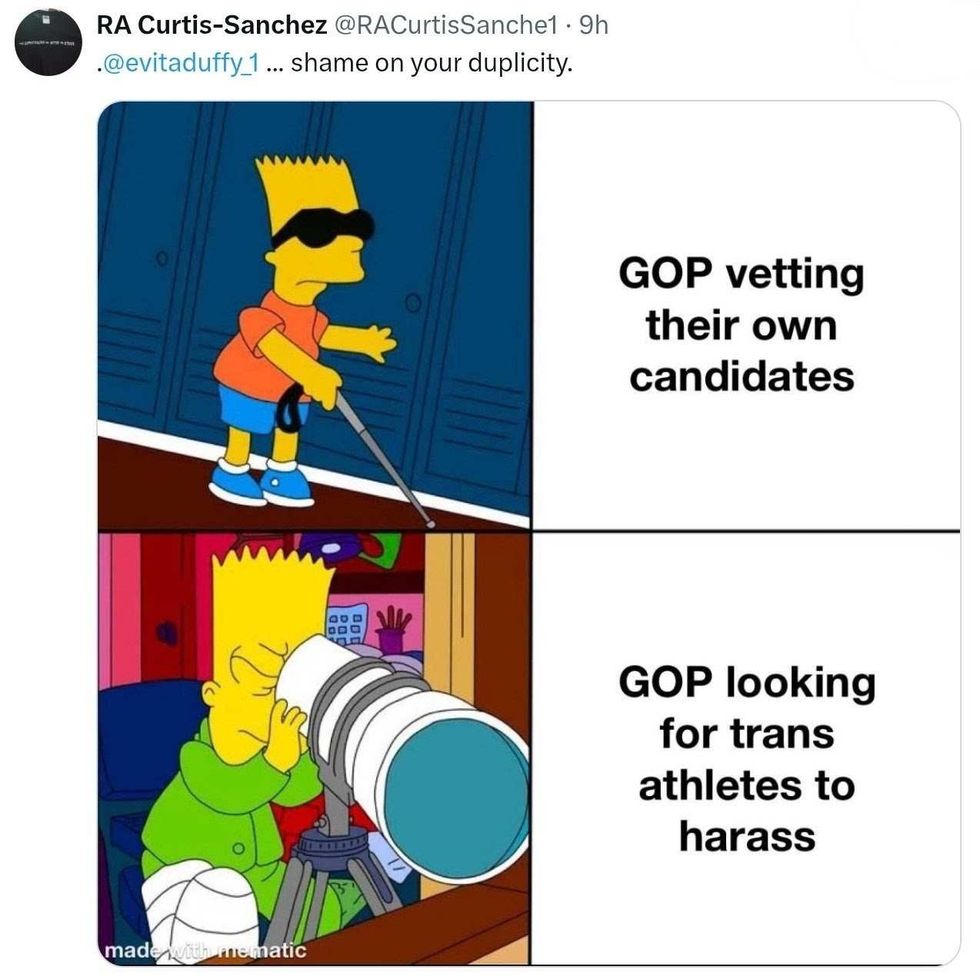 @RACurtisSanche1/X
@RACurtisSanche1/X @oabuse91/X
@oabuse91/X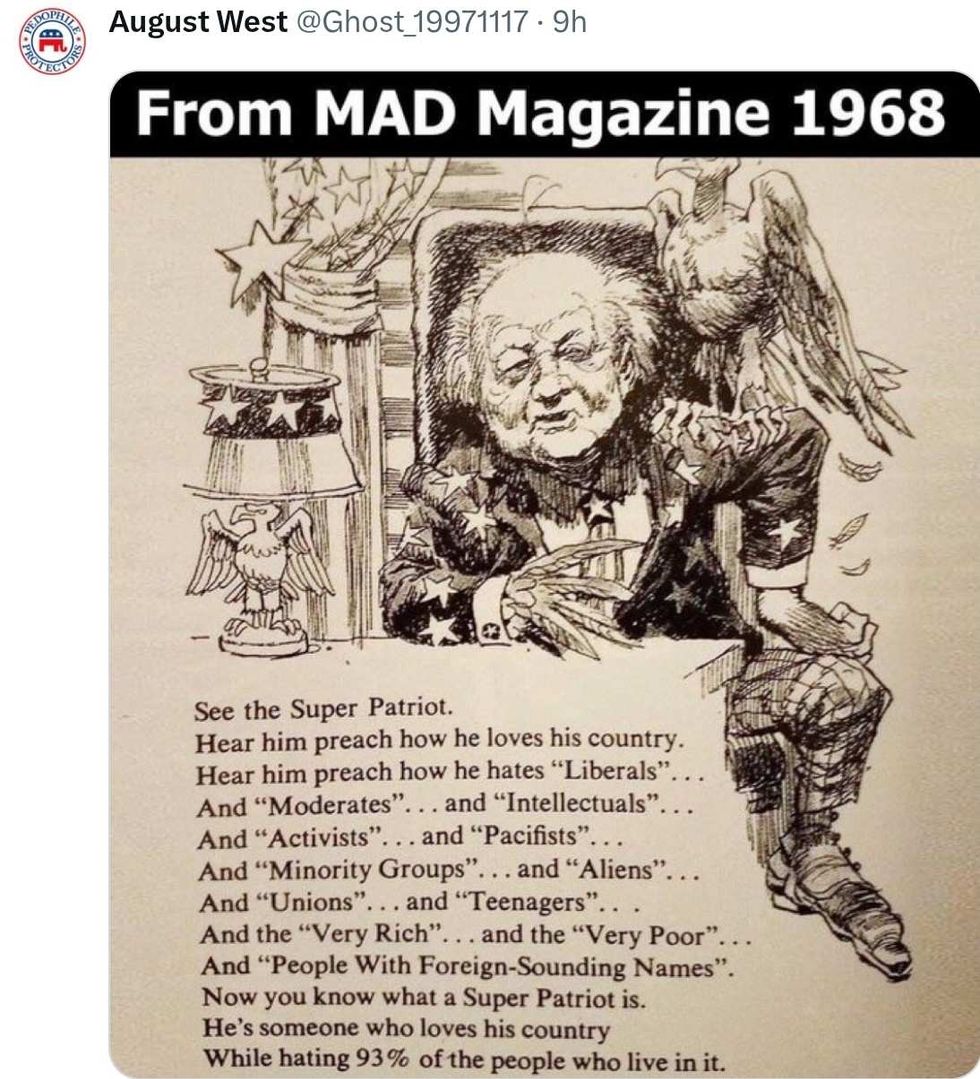 @Ghost_19971117/X
@Ghost_19971117/X @dedicateddems/X
@dedicateddems/X @AngryMrBungle/X
@AngryMrBungle/X @bubbaszone/X
@bubbaszone/X @bubbaszone/X
@bubbaszone/X @armystig/X
@armystig/X @shelkel2/X
@shelkel2/X @m007ds/X
@m007ds/X @mgc232/X
@mgc232/X @DeanAnd89502273/X
@DeanAnd89502273/X @FillysPhinest/X
@FillysPhinest/X @TandaRacing/X
@TandaRacing/X @TentinQuaranti4/X
@TentinQuaranti4/X @Timberwolves215/X
@Timberwolves215/X